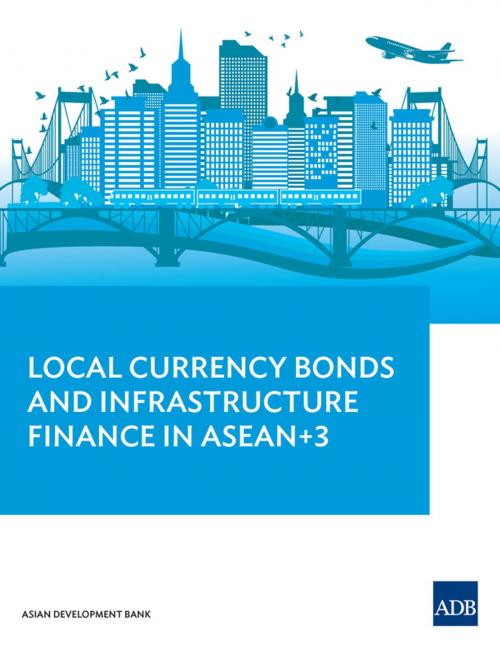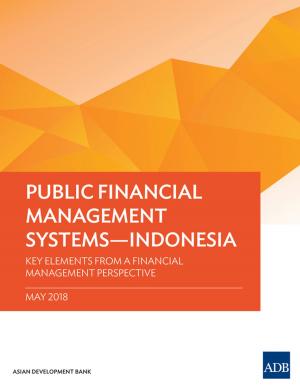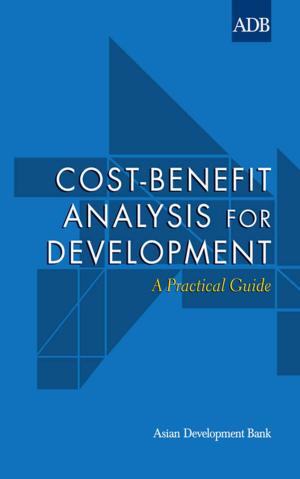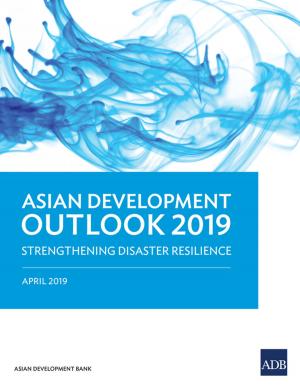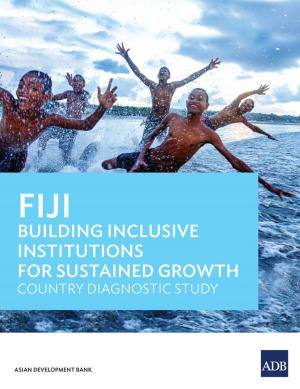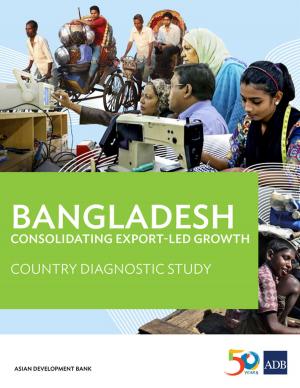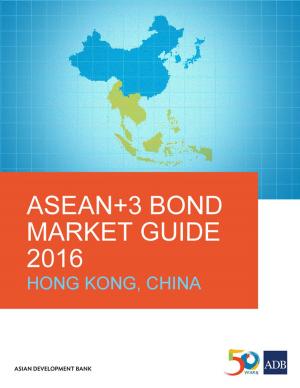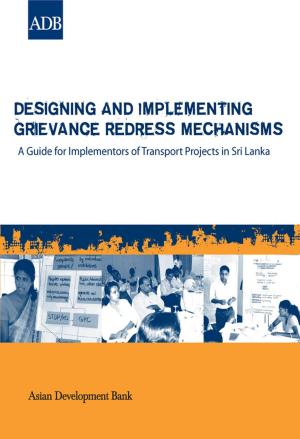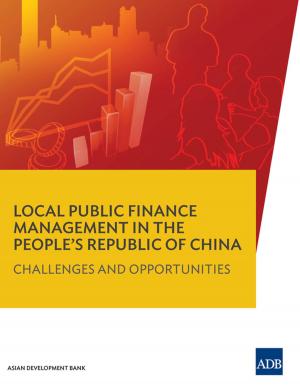Local Currency Bonds and Infrastructure Finance in ASEAN+3
Business & Finance, Finance & Investing, Finance| Author: | Asian Development Bank | ISBN: | 9789292570156 |
| Publisher: | Asian Development Bank | Publication: | July 1, 2015 |
| Imprint: | Asian Development Bank | Language: | English |
| Author: | Asian Development Bank |
| ISBN: | 9789292570156 |
| Publisher: | Asian Development Bank |
| Publication: | July 1, 2015 |
| Imprint: | Asian Development Bank |
| Language: | English |
The Asian Development Bank (ADB) is working closely with the Association of Southeast Asian Nations (ASEAN) and the People's Republic of China (PRC), Japan, and the Republic of Korea---collectively known as ASEAN+3---to develop local currency bond markets and facilitate regional bond market integration under the Asian Bond Markets Initiative (ABMI). ABMI was launched in 2002 to strengthen the resilience of the region's financial system by developing local currency bond markets as an alternative source to foreign currency-denominated, short-term bank loans for long-term investment financing. The need for infrastructure investment among ASEAN+3 members is well documented, with estimates for needed investment through 2020 reaching as high as $550 billion. Local currency financing of infrastructure projects has the important advantage of avoiding the currency risk that can arise when a project generating revenues in the domestic currency has foreign currency-denominated debt service requirements. This study was undertaken under ABMI and funded by the Government of the PRC. It addresses two key questions: (i) Why is local currency bond financing not more widely used for infrastructure projects in ASEAN+3? and (ii) What can be done to promote infrastructure bond financing?
The Asian Development Bank (ADB) is working closely with the Association of Southeast Asian Nations (ASEAN) and the People's Republic of China (PRC), Japan, and the Republic of Korea---collectively known as ASEAN+3---to develop local currency bond markets and facilitate regional bond market integration under the Asian Bond Markets Initiative (ABMI). ABMI was launched in 2002 to strengthen the resilience of the region's financial system by developing local currency bond markets as an alternative source to foreign currency-denominated, short-term bank loans for long-term investment financing. The need for infrastructure investment among ASEAN+3 members is well documented, with estimates for needed investment through 2020 reaching as high as $550 billion. Local currency financing of infrastructure projects has the important advantage of avoiding the currency risk that can arise when a project generating revenues in the domestic currency has foreign currency-denominated debt service requirements. This study was undertaken under ABMI and funded by the Government of the PRC. It addresses two key questions: (i) Why is local currency bond financing not more widely used for infrastructure projects in ASEAN+3? and (ii) What can be done to promote infrastructure bond financing?
